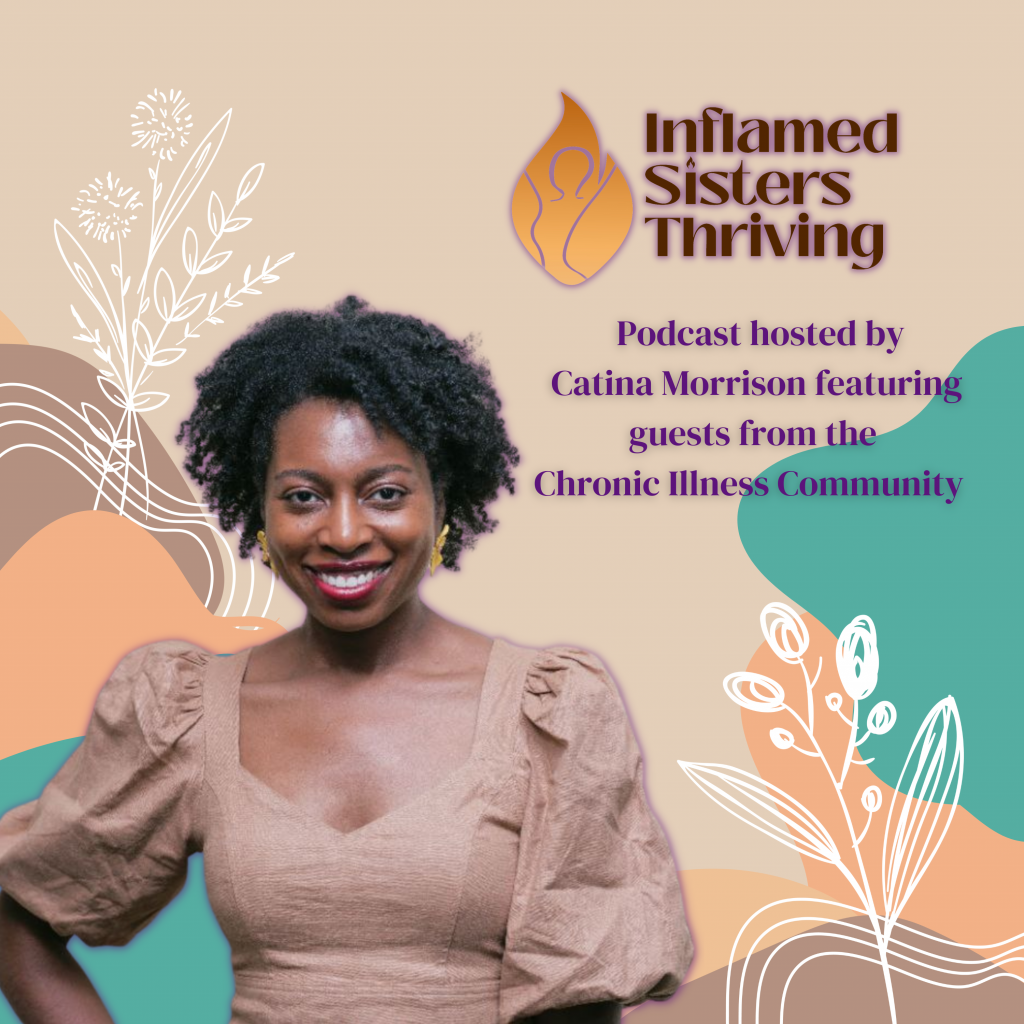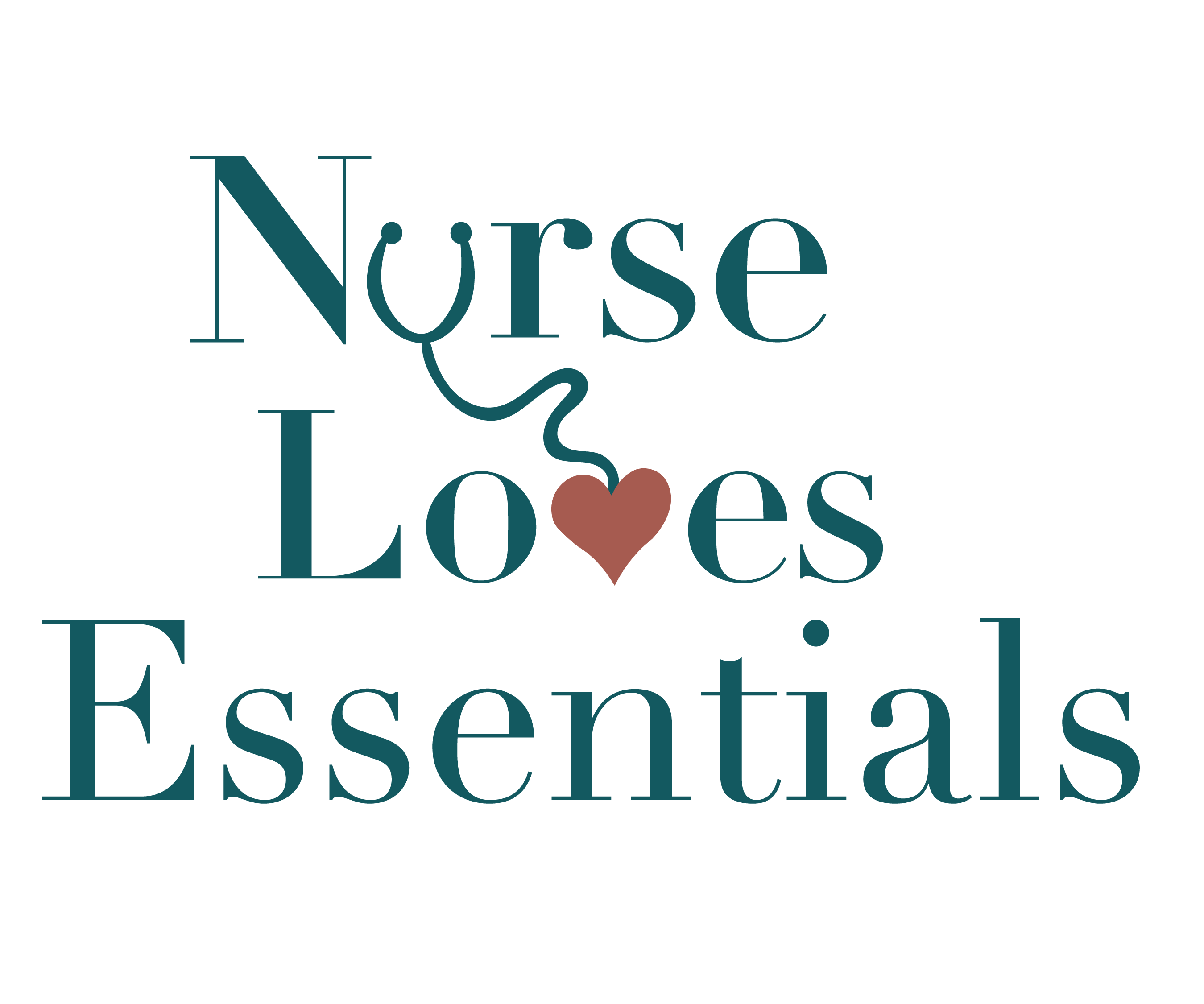Did you feel like the whole world crashed when you were diagnosed with a chronic illness? Did you ever get lost thinking of how to enjoy life with a chronic illness?
Don’t fret; it’s not the end of the world.
When you get diagnosed, there is every tendency this condition will be alien to you. It will seem like your life was yanked from your hands, and life will seem to lose its appeal. The first thing to do is gain knowledge and keep learning new updates about the disease.
There are several management tips to use that will have you living happily, even with chronic illness. The severity doesn’t matter; there is always a way around it.
Chronic Illness Definition and Examples
Chronic illnesses, as the name implies, are long-term health conditions that usually get worse over time and without a definitive cause and treatment. With chronic illnesses, most treatment options are new and cannot even be applied to the overall population. The symptoms can also differ, so treatment options vary.
There are different chronic illnesses in the world today, and you might not even be able to pronounce some. The most common examples are cancer, diabetes, arthritis, respiratory diseases, asthma, multiple sclerosis, lupus, and several others.
Statistics on People with Chronic Illness
According to the National Health Council, approximately 133 million Americans are living with chronic diseases, resulting in about 40% of the general population. Added to this staggering number, about 81 million have multiple conditions, i.e., more than one chronic disease.
Also, according to CDC, 6 out of 10 Americans live with at least one chronic condition. This statistic is very saddening, but this is to let you know the reality of chronic illnesses in the country. The truth is that your neighbor who hardly comes out or the one that is always hiring out services might just be battling a chronic illness.

How to Enjoy Life with Chronic Illness
If you have a chronic illness, I bet you have often wondered how you can be happy, have fun, and live a normal life, which is totally possible, and I will be showing you how.
Chronic disease management is a way to manage the symptoms of a chronic illness and live and enjoy life happily without becoming bedridden. It involves either slowing down the progression of the disease or managing the symptoms.
1. Remove guilt.
Believe it or not, some people actually believe that they might have been the reason for being diagnosed with a chronic illness. Some see it as supernatural retribution for some life’s bad choices or as a result of their lifestyle.
Yes, lifestyle might influence chronic diseases, but not often. If at all you are feeling guilt from being diagnosed, your first step to living happily will be to remove that guilt. It might involve meeting with a therapist, but make sure to address it.
Feelings of guilt will hinder your ability to take care of your health, increase the chances of depression, and impede your efforts to live through the disease.
2. Don’t be defined by it.
Another mistake often made by people dealing with a chronic illness is to let the disease define them, which is why they often give in to imposter syndrome and refuse to believe they can actually achieve anything.
Never let your condition define you and your future. That you have endometriosis, arthritis, or any other chronic illness does not mean you cannot still achieve the successes you desire. There is a way to balance your work and health.
3. Make peace with your limitations.
Making peace with your limitations will help you stop defining yourself by the illness. When you know your limits, you have to accept them and find a way to work around them.
For example, if you have endometriosis, you know that there are days you might not be as active and need that indoor rest; you can schedule an in-house date with your friends or partner for those days.
The key is not to keep lamenting about your limitations but find a way to make it fun or find an alternative.
4. Don’t get your hopes up.
I’m not saying you should give up, but don’t get your hopes up regarding treatment options to avoid feeling disappointed. When you get your hopes up about a treatment option, it is usually so high that you can start to imagine your life without the disease.
The situation might worsen when these treatment options don’t work as you expected.
When your doctor suggests a different treatment option, do your research, ask questions, and attempt it, but don’t put all your hope on it working because it might not.
5. Find a community.
The essence of a community cannot be over-emphasized when it comes to disease management. It is also essential to find a community that is specific to your needs because there is an increased possibility of you finding a specialist there. Also, your symptoms and complaints are better understood in a streamlined community.

6. Practice positive affirmations.
Positive affirmations help you to be more positive about your condition. It helps to dispel the negativities and infuse happiness, hope, and joy even when things are gloomy. It also adjusts your mind to feel more in control and confident.
Chronic illness can make you lose confidence in yourself and your abilities, but with powerful affirmations that are relatable and real, you can boost your self-confidence and esteem.
7. Set realistic life goals.
Setting a realistic pace and goal is vital when achieving personal and career success with chronic illness.
The timeline for achieving your goals might be slower than usual, but it shouldn’t be an issue. What is more important is getting there.
Set realistic goals with a realistic timeline that will not strain you or compromise your health and disease management.
8. Set a daily routine.
Every day will not be the same. It might get easier to step out some days, and other days, it might not be that easy. A daily routine might make it easier.
A daily routine also gives you a sense of control, and you can change it anytime.
9. Take a break.
Taking a break is okay when you don’t feel like it. One of the keys to living a happy life with a chronic illness is to stop feeling pressured to do things that might stress you mentally and physically.
If you feel like you are past your threshold, you can take a break, stay indoors, and reorganize. Set healthy boundaries so the people around you can also understand when you need to stop.
10. Seek support and help.
Through a community, therapist, friend, or partner, whichever avenue you can get support and help, please do. It could even be among your work colleagues.
Don’t be afraid to seek help when you need it and ask for support when you can’t do things yourself.

Conclusion
It is normal to feel like it’s the end of the world when you are diagnosed with a chronic condition. However, having the right people around you to help, support, and be with you through the journey will go a long way in helping you get to terms with your condition.
You have to continually learn how to enjoy life with the illness, which is why you have to position yourself in a place where knowledge about your condition is shared, and you can also learn from the experiences of others.
What is your most preferred tip for enjoying life with a chronic illness? What do you do during your down moments?
READ ALSO: 11 Trusted Ways to Overcome the Guilt of Living with Chronic Illness




0 Comments